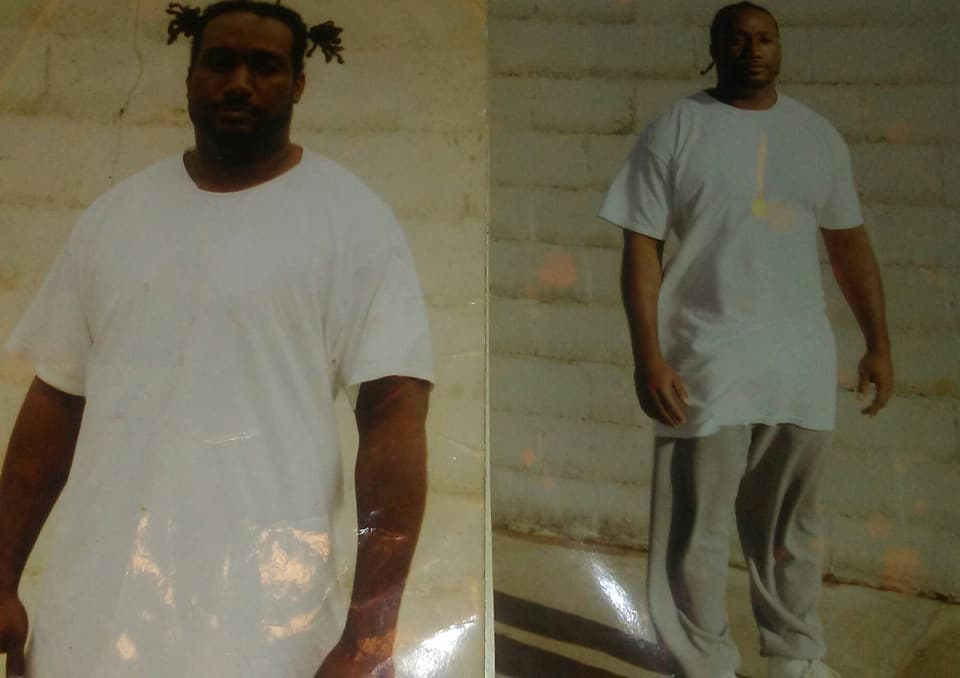The Many Hurdles of Employment After Incarceration
Editor’s Note: NBA Prison & Jail Ministries will be presenting a webinar on the importance of Second Chance Employment. This story was written by Savvy Shabazz, one of our webinar guests, and his lived experience illustrates the real challenges faced by those who are returning to our communities from places of incarceration. It’s important to hear their stories, feel their pain, and listen to their frustration. Ninety-five percent of those in prisons and jails will be returning to our communities. It is critically important that we, especially those who are followers of Jesus, welcome them, and help them prepare for their new lives so that past mistakes remain in the past and their futures are filled with hope. Join Savvy and our other special guests on November 17 at 1:00 p.m. ET to discover how you can become part of that hopeful future.
 I come to you with my personal lived experience with employment after being incarcerated for five-and-a-half years in Kentucky’s Department of Corrections and being sentenced to a total of 28 years for drug offenses. The experience was a horrific one filled with challenges, hurdles, and pain, but also optimism.
I come to you with my personal lived experience with employment after being incarcerated for five-and-a-half years in Kentucky’s Department of Corrections and being sentenced to a total of 28 years for drug offenses. The experience was a horrific one filled with challenges, hurdles, and pain, but also optimism.
A few weeks before I was set to be released, my lifetime friend and I had been searching for employment leads. I landed an opportunity for a phone interview with a local home improvement store. I had not made parole yet and was trying to figure out how I would be able to make the interview. I gave my friend my birthdate, social security number, and resume so he could act as me on the phone call. By the grace of the universe, the interview went well. I was granted parole on May 24, 2007, and began work on June 2.
 I worked every day, I was always the first one to show and the last one to leave, even on weekends. Despite this, right before 90 days on the job, I was laid off with no explanation. This became a regular pattern with employers. So, I applied for unemployment while I continued to look for jobs, but I couldn’t get approved for benefits because I could not show that I’d been working for longer than 90 days. At this point it hit me, I was being laid off before 90 days so the companies could avoid paying my unemployment. This was a serious issue, and a repeated cycle with my employment. It also left me with a question dangling in the back of my mind, “what am I going to do?”
I worked every day, I was always the first one to show and the last one to leave, even on weekends. Despite this, right before 90 days on the job, I was laid off with no explanation. This became a regular pattern with employers. So, I applied for unemployment while I continued to look for jobs, but I couldn’t get approved for benefits because I could not show that I’d been working for longer than 90 days. At this point it hit me, I was being laid off before 90 days so the companies could avoid paying my unemployment. This was a serious issue, and a repeated cycle with my employment. It also left me with a question dangling in the back of my mind, “what am I going to do?”
Hear more of Savvy’s story in this recorded webinar where we explored the importance employment for people who are returning from our prisons and jails.